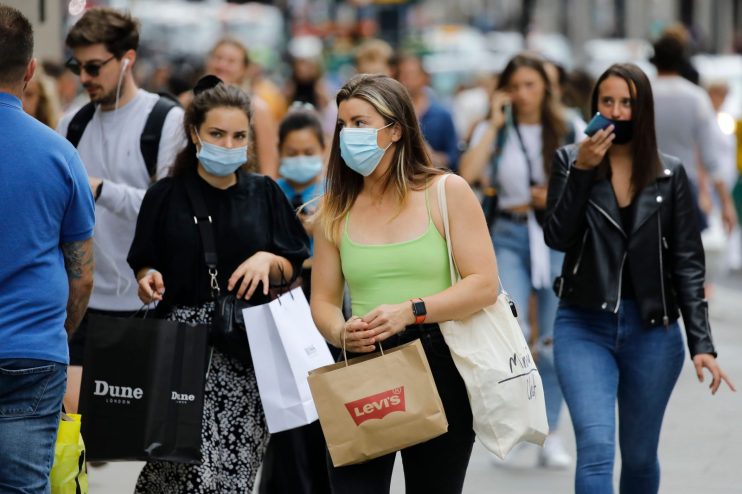Leading scientists warn 19 July easing is a ‘dangerous and unethical experiment’

More than 100 scientists and doctors have signed an open letter accusing the UK government of conducting a “dangerous and unethical experiment” with its plan to ditch restrictions on 19 July.
Boris Johnson’s plan to scrap social distancing and most other Covid-19 restrictions on 19 July is “unethical and illogical”, according to the authors, who urge the government to delay the easing of restrictions until more than half the population is fully vaccinated.
Signatories of the letter, published in The Lancet and entitled “Mass infection is not an option: we must do more to protect our young,” include Sir David King, the former chief scientific adviser of SAGE, and the chair of the of the council for the British Medical Association, Dr Chaand Nagpaul.
The letter stresses the risk of Long Covid among the population, and warns that “unmitigated transmission will disproportionately affect unvaccinated children and young people who have already suffered greatly.”
The latest ONS statistics on the long-term effects of the virus suggest 400,000 people are suffering from symptoms of Long Covid more than a year after their initial infection.
But uncontrolled growth of the virus “will likely continue until millions more are infected, leaving hundreds of thousands with long-term illness and disability,” the letter continues.
“This strategy risks creating a generation left with chronic health problems and disability, the personal and economic impacts of which might be felt for decades to come.”
Plans to ease restrictions on 19 July would also provide “fertile ground” for the emergence of new vaccine-resistant variants of the virus that take a while to develop jabs against, the letter warns, which would “disproportionately affect the most disadvantaged in our country and other countries with poor access to vaccines.”
It comes after the new health secretary Sajid Javid said on Tuesday that daily cases could reach 100,000 per day over the summer after restrictions are lifted.
There was a “marked” increase in new Covid infections in the UK in the latest data collected on the virus by the Office for National Statistics (ONS).
More than 400,000 people tested positive with coronavirus in the UK during the first week of July, according to the new ONS estimates – the higest level recorded since late February.
The ONS infection survey found that 401,200 tested positive for Covid-19 in the week ending 3 July, an increase of 56 per cent on the week before.
New cases are largely driven by the Delta variant of the virus, which is now dominant in the UK and many countries in Europe.
Concerns about the variant’s resistance to existing vaccines were underscored when Pfizer and BioNTech announced they are developing an updated version of their Covid-19 vaccine that will target the more transmissable Delta strain.
Pfizer is the main vaccine being used for younger people in the UK, after the government advised alternative jabs to AstraZeneca due to a rare blood clotting risk.
Similar to what current data from the UK suggests, Pfizer and BioNTech cited a study by Israel’s health ministry that suggested their vaccine was 93 per cent effective at preventing serious illness from the Delta variant, but only 64 per cent effective at preventing infection with the variant.
“While protection against severe disease remained high across the full 6 months, a decline in efficacy against symptomatic disease over time and the continued emergence of variants are expected,” Pfizer/BioNTech said.